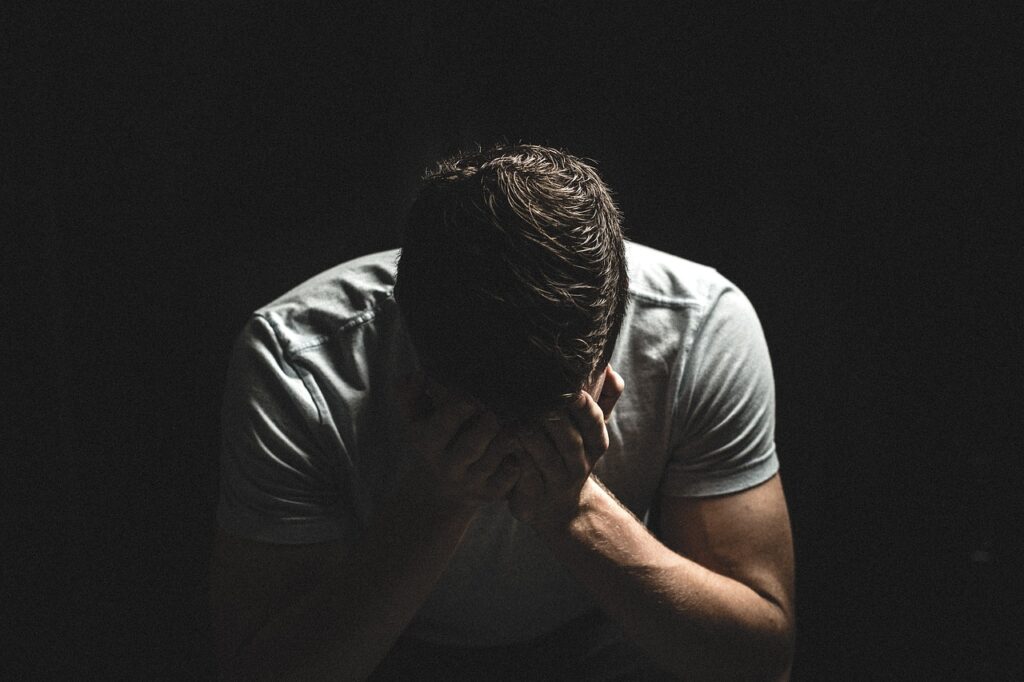The Long-Term Mental and Emotional Effects of Personal Injuries
Personal injury cases often focus on the physical injuries sustained by the victims, but there are also long-term mental and emotional damages that can result from a catastrophic injury. Victims of these types of incidents can recover damages for mental and emotional injuries by law. Whether by verdict or settlement, a personal injury attorney can help you get compensation for the non-physical injuries you have sustained. These injuries can be lifelong, and the compensation you receive can help you treat them and make your life more comfortable.
What are the most common types of mental and emotional issues that impact victims of catastrophic personal injuries?
Post Traumatic Stress Disorder (PTSD)
People who have experienced catastrophic incidents—from motor vehicle accidents to workplace injuries and more—are at a much higher risk of developing PTSD. PTSD is a mental health condition that can manifest itself in painful flashbacks, nightmares, anxiety, and heightened stress responses to certain situations. This is generally a lifelong trauma that victims of personal injuries confront, and treatment for it can include everything from medications to counseling and therapy.
Depression and/or Anxiety
Research has shown that there is a high occurrence of depression and anxiety among patients who live with lifelong physical injuries or chronic pain. These mental conditions can lead to a lower health-related quality of life, higher usages of healthcare, and less chance of returning to work, all of which have lifelong costs. Symptoms of anxiety can include chronic worry, panic attacks, and various other physical maladies. Depression can lead to severe mood swings, feelings of hopelessness, and behavioral issues. Victims can also experience grief and depression over the loss of their pre-injury life, including careers, recreational activities, relationships, and more
Cognitive Impairments
Catastrophic injury cases where a person sustains a head injury often lead to significant, long-term medical conditions. These can include:
- Traumatic brain injuries (TBIs)
- Difficulty with memory, attention, concentration, and problem-solving
- Confusion, disorientation, and a decline in cognitive function
- Speech, language, and communication difficulties
- Impaired coordination, balance, and fine or gross motor skills
- Changes in sensory perception, including alterations in vision, hearing, taste, or smell
- Comas or minimally conscious states
- Increased risk of neurodegenerative conditions (such as Alzheimer’s disease)
Mood or Attitude Changes
Personal injuries can also drastically change a person’s outlook on life as well as their personality and mood. Changes in mood can include:
- Anger or irritability
- An increased propensity for violence
- Low self esteem
- Loss of independence or identity
- Social isolation or fear of people
These mood and attitude changes can be the result of the victim’s lack of independence, burden to others, perceived lack of future, and other challenges they will have to confront for the rest of their life.
The Importance of Paying for Mental Treatment After a Catastrophic Injury
Seeking treatment for mental, psychological, and emotional trauma arising from a catastrophic injury is important for a person’s recovery and overall well-being. Ignoring or neglecting the emotional aftermath of a catastrophic injury may hinder a person’s ability to cope with the life changes they face. Professional mental health support like counseling or therapy provides a safe space to process emotions, develop coping strategies, and navigate the challenges associated with the trauma. However, these services can be expensive and require a lifelong commitment.
Getting the Compensation You Deserve for the Treatment You Need
All potential medical treatment, including mental health counseling, can be included in the damages cited in your personal injury case, leading to a larger financial verdict or settlement. At Eichen Crutchlow Zaslow, we work with qualified medical professionals who can provide expert testimony in your case regarding the care you or your loved one will need in the future. We can help you secure the compensation you and your family need to pay for vital treatment that can increase your quality of life.
Choosing the right personal injury firm is important, especially when it comes to lawsuits that can determine the trajectory of your life. That’s why we provide free case evaluations. Not only does that give us an opportunity to review your case, but it also allows you to speak with our attorneys and decide if we’re the best firm for you.
If you or a loved one have been catastrophically injured, get in touch with our legal team today.

Eichen Crutchlow Zaslow, LLP has purposely remained small in size, because it is important to us that we get to know our clients and their needs. Larger NJ injury firms may churn out case after case, but that’s not how we operate. Partners Barry Eichen, William Crutchlow, and Daryl Zaslow have created a firm with the resources to handle complex litigation, and a team that takes your case personally.
Find out more about Eichen Crutchlow Zaslow, LLP

